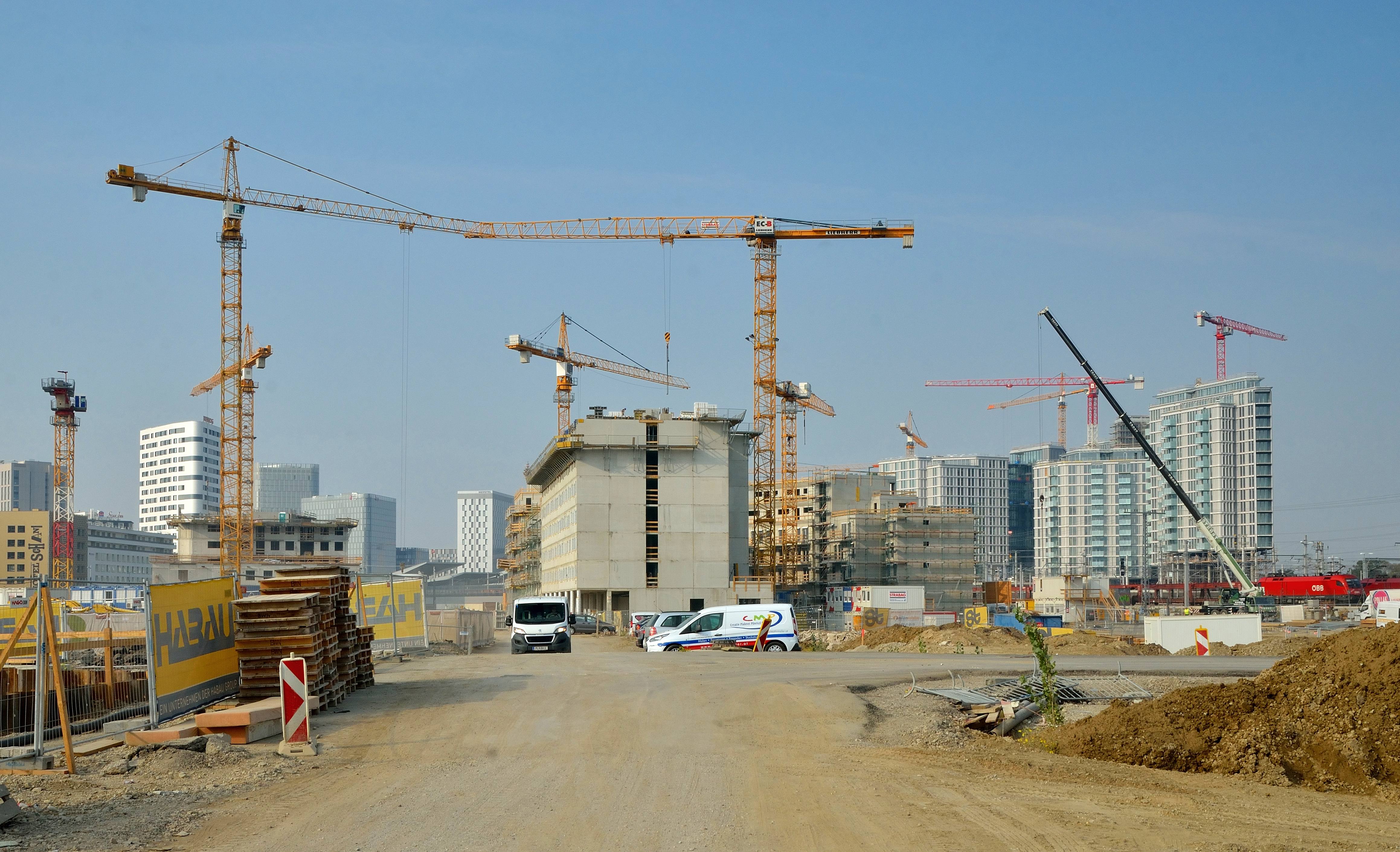Since 1977, Jon Michael Probstein has assisted people and businesses in all matters. In accordance with the Rules of Professional Conduct, this may be deemed "Attorney Advertising". Nothing contained herein should be construed as legal advice. Admitted in New York and Massachusetts. Always consult a lawyer regarding any matter. Call 888 795-4555 or 212 972-3250 or 516 690-9780. Fax 212 202-6495. Email jmp@jmpattorney.com
Wednesday, November 13, 2019
DELAYS IN CONSTRUCTION CONTRACTS AND EXCULPATORY CLAUSES
Arnell Constr. Corp. v New York City Sch. Constr. Auth., 2019 NY Slip Op 07887, Decided on November 6, 2019, Appellate Division, Second Department:
"Generally, contract clauses barring a contractor from recovering damages for delay in the performance of a contract are valid, and "they will prevent recovery of damages resulting from a broad range of reasonable and unreasonable conduct by the contractee if the conduct was contemplated by the parties when they entered into the agreement" (Corinno Civetta Constr. Corp. v City of New York, 67 NY2d 297, 305). However, "[i]t has been settled for some time that [*2]exculpatory clauses will not bar claims resulting from delays caused by the contractee if the delays or their causes were not within the contemplation of the parties at the time they entered into the contract" (id. at 309-310; see Peckham Rd. Co. v State of New York, 32 AD2d 139, 141, affd 28 NY2d 734). "Thus, even broadly worded exculpatory clauses . . . are generally held to encompass only those delays which are reasonably foreseeable, arise from the contractor's work during performance, or which are mentioned in the contract" (Corinno Civetta Constr. Corp. v City of New York, 67 NY2d at 310; see Peckham Rd. Co. v State of New York, 32 AD2d at 141). "A no-damage-for-delay clause must be construed strictly against the drafter of the provision" (Forward Indus. v Rolm of N.Y. Corp., 123 AD2d 374, 376). Furthermore, even where the parties' contract contains such an exculpatory clause and the delay at issue was contemplated therein, damages may be recovered for delays which: were caused by the contractee's bad faith or willful, malicious, or grossly negligent conduct; were so unreasonable that they constitute an intentional abandonment of the contract by the contractee; or resulted from the contractee's breach of a fundamental obligation of the contract (see Corinno Civetta Constr. Corp. v City of New York, 67 NY2d at 309; Kalisch-Jarcho, Inc. v City of New York, 58 NY2d 377, 384-386)."

No comments:
Post a Comment
Note: Only a member of this blog may post a comment.